Regulating supported accommodation: tell us what you think
Overview
The Government is making important changes to supported accommodation for looked-after children and care leavers aged 16 and 17. This type of accommodation is meant to offer young people aged 16 and 17 somewhere to live that gives them the chance to develop their independence as they prepare for leaving care and starting adult life.
We're asking children and young people with experience of care if the new standards cover the right things to make sure that young people are safe where they live and receive the right support.
Why your views matter
The consultation for young people and children invites views on:
- A set of principles which are statements that we want young people to be able to say when they are living in supported accommodation.
- If you think the four quality standards and new rules include the right things to make sure that young people are safe where they live and are offered the right kind and level of support.
- If you think how we are asking Ofsted to check if providers are following the standards will improve the quality of accommodation and support for young people living there.
We will use your views to help us:
- Put the quality standards and new rules into the law
- Decide how Ofsted will make sure providers of supported accommodation are following the law
We have also published a separate version of this consultation, which is aimed at local authorities, providers and anyone else who wishes to respond. This consultation can be found at: Introducing regulations for supported accommodation provision - GOV.UK (www.gov.uk)
Before completing the questions online please review our privacy notice attached to this consultation.
What happens next
We will use the input from this consultation to shape and design the policy decisions before the reforms become law in 2023. We know that these reforms will represent significant change, and we will continue to work closely with the sector following the implementation.
Following the consultation, we will consider the responses received and publish a response in due course, setting out how the final reforms before they are laid in 2023.
Audiences
- 16-18 year old students resident at these institutions
- Academies (including free schools), voluntary aided schools, voluntary controlled schools, foundation schools and community schools
- Adoptive parents
- Bodies representing schools and local authorities
- CAMHS
- Clinical commissioning groups
- Designated institutions and 16-19 academies
- Designated safeguarding leads
- Directors of children's services
- Early learning and childcare providers
- Educational Psychologists
- Faith bodies
- Foster carers
- Further education colleges
- Governing bodies and academy trusts
- Government bodies and departments
- Governors
- Headteachers
- Health visitors
- Independent specialist colleges
- Local authorities
- Parents
- Principle social workers
- Pupils
- School business managers
- School nurses
- School support staff
- SENCOs
- Service managers
- Sixth form colleges
- Social workers
- Social workers
- Teachers
- Team managers
- Those evaluating programmes for children in need
- Those involved in underlying theoretical research on abuse and neglect, child development etc
- Those researching children’s social care or education systems, with links to educational outcomes of Children in Need
- Training providers
- Virtual school heads
- Young people
Interests
- Accommodation (Looked after children)
- Advocacy (Looked after children)
- Alternative provision
- Attendance and absence
- Behaviour and discipline
- Care leavers and former looked-after children
- Financial support (Looked after children)
- Friends and family care
- HE
- Health and wellbeing (Looked after children)
- Keeping children safe in education and other settings
- Key stage 2
- Preventing neglect, abuse and exploitation
- Programmes and initiatives (Looked after children)
- Safeguarding disabled children
- Short break care
- Social care standards and guidance
- Social workers' standards
- Special guardianship
- Support in education
- Teachers' standards
- Training and development

Share
Share on Twitter Share on Facebook